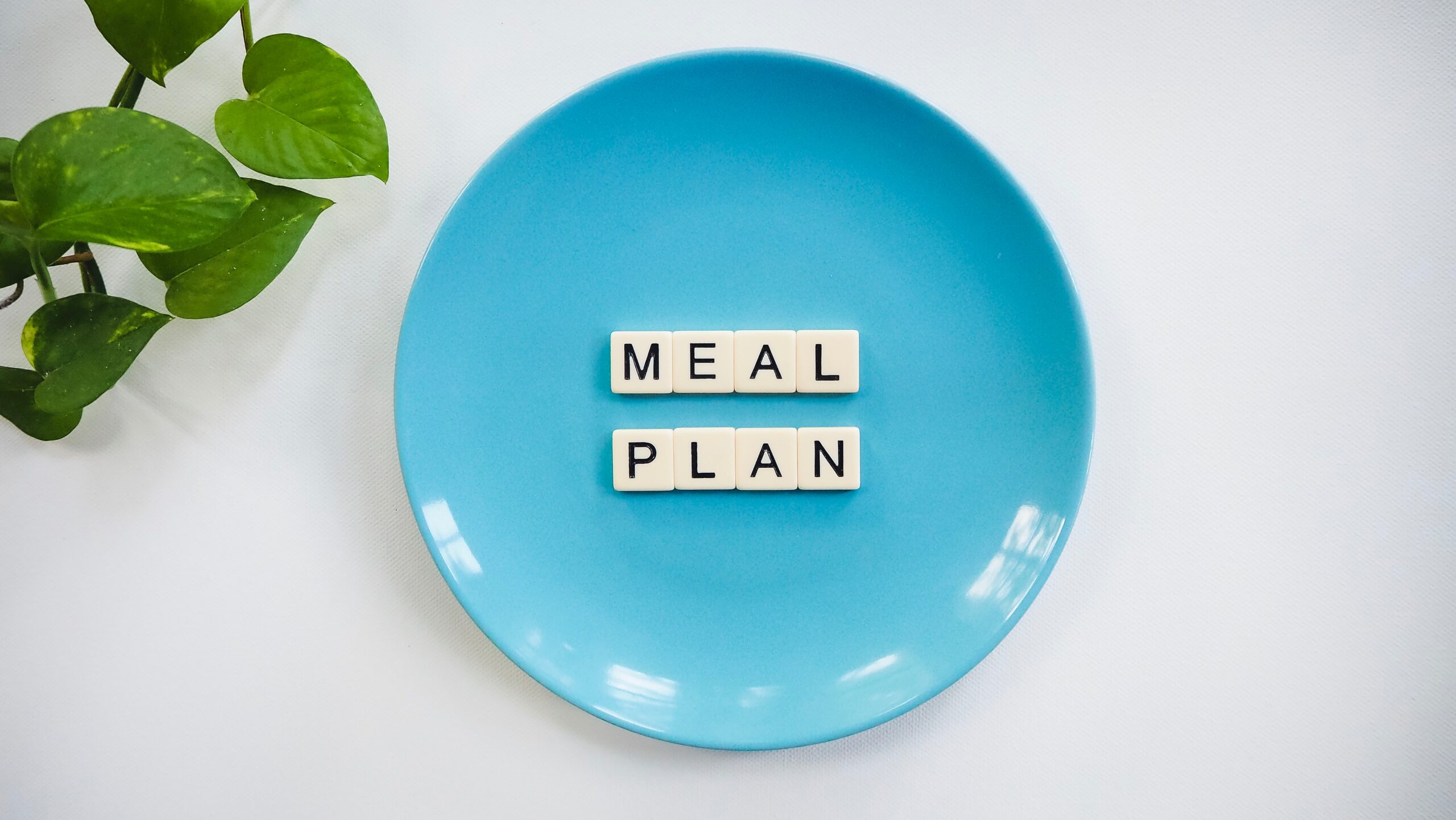A meal plan has no fixed price, there are several factors that can impact the cost. Personal trainers may charge anywhere from $50 to over $200 for a meal plan depending on these factors. Let’s dive into the question “how much do personal trainers charge for meal plans?”, and explore the factors that may affect the price.
What makes a meal plan more expensive?
Experience and qualifications
A personal trainer’s experience and qualifications will affect the price of their meal plan. Individuals with more experience and who have recognized certifications as a nutritionist or dietitian often charge more for the service. New personal trainers will typically charge lower rates to build up their client base, and raise the price as they gain experience, even if they are certified. A certified and experienced trainer can help you to understand the role of macronutrients (carbohydrates, proteins, and fats) in your diet, and how to balance them to support your body’s needs.
It’s also good to know that not all personal trainers will provide full meal plans as they may not be qualified as dietitians or nutritionists, however they may still provide general best practices regarding nutrition free of charge.
Location
Where the personal trainer is based will also have an impact on the cost of a meal plan. Large cities and affluent areas justify a higher price point. The reason for the price increase comes down to the cost of living in the area. It would not be sustainable for a personal trainer in an affluent area or a large city to charge a low rate while giving a high quality service. They would need to have a much larger volume of clients to generate a sustainable income, which means less time and attention to each client’s meal plan.
Customization
Experienced and certified trainers may charge lower rates if there is little or no customization in the meal plan they provide. However, for best results a meal plan should be customized to an individual’s specific lifestyle, dietary needs, and fitness goals. Food allergies, preferences, budget, availability, and time constraints are taken into account when getting a customized meal plan. This takes time, research and effort which will increase the overall cost of a meal plan.
Support
Sticking to a new diet is tricky, sometimes progress tracking, check ins, and slight adjustments to the plan are necessary to achieve desired results. The level of support provided by a personal trainer will typically increase the cost. Additional support can also help make sure that money does not go to waste, because paying for a meal plan is one thing, but sticking to it is another.
Meal Delivery
Some personal trainers may offer premium meal plan services where nutritional supplements, and meals are delivered directly! This is greatly beneficial for their clients because it saves them time, as well as makes sure the meal plan execution is correct. This takes a lot of extra time, as well as added expenses for the food and supplements which will increase the total cost of the service.
Popular meal plans
Please note that no single diet is perfect for everyone, consult a healthcare professional and or a registered dietitian when deciding on a meal plan. That being said, here are some of the most popular meal plans for health and fitness:
Mediterranean diet
The Mediterranean diet is based on the traditional culinary practices from countries around the Mediterranean Sea. It emphasizes unprocessed foods like whole grains, vegetables, fruits, legumes, nuts, and “healthy” fats like olive oil. It also incorporates moderate amounts of fish and poultry, as well as small amounts of red meat.
The Mediterranean diet is high in fiber, which typically creates a feeling of fullness and may help with weight management. Some studies have shown the Mediterranean diet can have several health benefits, like reducing the risk of heart disease, certain types of cancer, as well as cognitive decline. The Mediterranean diet is not a definitive guide, but more like a framework for making healthier food choices.
DASH diet
The DASH diet (Dietary Approaches to Stop Hypertension) has a specific design to lower cholesterol and blood pressure. It emphasizes fruits, vegetables, whole grains, and lean protein, with low amounts of saturated fat, cholesterol, and added sugars.
Some say the DASH diet can help reduce the risk of heart disease, stroke, and high blood pressure. The DASH diet is not intended to be a weight loss diet, it only aims to help improve overall health by reducing the risk of hypertension, heart disease and stroke.
Flexitarian diet
The Flexitarian Diet is a mainly plant based diet with very small amounts of animal products. Its name comes from the “flexible” way of eating where it encourages primarily plant based food consumption, while still allowing for some animal products. Designed to be adaptable, sustainable, and most importantly easy to follow, it has become a popular choice for individuals with many different lifestyles.
The Flexitarian diet encourages the consumption of plant based protein like tofu, tempeh, and seitan. With moderate consumption of animal products like dairy, eggs, fish, and minimal amounts of poultry, pork, and red meat. It is considered to be a healthy diet that may help overall health, and reduce the risk of chronic diseases. Not to mention it is beneficial for the environment because it recommends less consumption of animal products that have a large carbon footprint.
The key principle of the Flexitarian diet is flexibility. It can help people make small changes to their eating habits, and slowly shift to a primarily plant based diet. This flexibility makes it an easy diet to stick with long term.
IIFYM diet
The IIFYM (If It Fits Your Macros) diet is also a flexible diet approach. It focuses on reaching specific macronutrient targets, like a certain number of grams of protein, carbs, and fat. The main idea is that you can eat whatever foods you like, as long as they fit your daily macro targets. For many people this method is far better than counting calories.
Macronutrients are the nutrients the body needs in large quantities. The IIFYM diet suggests that these are more important than micronutrients (minerals and vitamins) when it comes to weight loss and muscle development. The diet typically begins with calculating daily macronutrient requirements based on individual goals, activity, and body composition. Once macronutrient targets are discovered, it involves tracking macronutrient intake to make sure targets are reached and maintained.
The IIFYM diet is popular due to the way anyone can adjust it to meet their unique needs. Whether you want to develop muscle, lose weight, or maintain your current physique, the IIFYM diet can be customized to help reach your goal. Another bonus is that it can accommodate dietary restrictions, allergies, and food preferences.
Keto diet
The Keto (ketogenic) diet is a low carbohydrate, and high-fat diet. Its goal is to put the body into a state of ketosis. This is where it burns fat for fuel instead of carbs. It does this by encouraging very low carb consumption (usually < 50g per day), moderate protein consumption, and a high consumption of healthy fats.
The primary goal of the Keto diet is weight loss. The idea is that by greatly limiting carbohydrate intake while greatly increasing healthy fat intake, the body will enter a metabolic state (ketosis). This state as previously mentioned will begin to burn stored fat for energy instead of relying on carbs. Besides weight loss, this diet is can help improve blood sugar levels, and increase energy.
The Keto diet is not as flexible as the Flexitarian or IIFYM diet. It will usually include the consumption of foods like eggs, fish, meats, dairy, nuts, non starch vegetables, and of course healthy fats like coconut oil, avocado, and olive oil. The Keto diet strongly discourages the consumption of sugary foods, and grains as well as any processed foods.
How much do personal trainers charge for meal plans?
As you can see there are several factors that can affect the price. Experience and certifications, their location, as well as any additional services they provide, like customization, support, and meal delivery.
A certified personal trainer can help you implement a popular meal plan or create an entirely customized meal plan for you. Because of these variables the cost can be anywhere from as little as $50 to over $200.
Before you proceed with any meal plan, make sure you consult your healthcare provider to make sure that it is right for you. If you are a personal trainer in Toronto, come check out our personal training studio. We have all the facilities to help you run, and scale your business at Placemade.

